The industry has been inspiring in how it dealt with the pandemic, now focus must shift to colleagues
Here we go again. Perhaps naively, I had convinced myself the new year would be a turning point.
Having reached the end of December running on empty, I was looking forward to a different, but still enjoyable, Christmas – with the prospect of a truncated family catch-up, some small-scale outdoor rendezvous and plenty of Zoom calls about which vaccine was top of everyone’s Santa wishlist. The plan was to plunge into 2021 with renewed vigour – and lockdown 3 came as a crushing blow.
A few calls around the industry tell me I was not alone. 2020 took a vast toll on the sector, with people going above and beyond their already hardworking norm to keep cameras rolling. The whole year was an exercise in ingenuity and innovation – but it came with costs.
First, in monetary terms. Channel 4 and ITV have understandably been talking up a decent ad market recovery, Sky barely lost a subscriber and the BBC’s licence fee revenue (if not its Studios contribution) stayed consistent last year. But with per-ep costs rising by anything from 10% to 30% as a result of Covid precautions, the financial challenges of 2020 are yet to be resolved, and are now being compounded by the extended lockdown this year.
The overspend situation is serious and it seems a few awkward conversations have been put off. It’s as though the industry has been splashing out beyond its means and no one can bring themselves to look at the huge credit-card bill that has been racked up.
That can’t continue, and greater clarity will be necessary even if it puts significant strain on indie/broadcaster relations. Shrugging off the implications for tariffs, series runs, shooting locations and many other factors may take time.
The recovery of the industry’s wellbeing could be even more challenging. We learned new ways of working in 2020 and they kept the sector in business. In that sense, they were a success. But just because people can work remotely, or shoot and edit under different circumstances, it doesn’t mean those methods are as good as conventional practices, or that repeating them again and again won’t have implications.
“Often, people management in our industry is too informal or brusque – and the downside of both approaches is amplified by lockdown”
How many times can people confine themselves to production bubbles? What if they are leaving behind young families or have other domestic pressures to navigate? And how can the younger generation be protected from burnout, or the drudgery of an existence that barely extends beyond work?
Often, people management in our industry is too informal or brusque – and the downside of both of those approaches is amplified by lockdown.
So where does that leave us? Exhausted but resolute. The execs who contributed to our lockdown 3 analysis have it spot on: staff welfare is the paramount concern, and looking after them is the only way to ensure the quality of programming is maintained.
Finally, it is worth celebrating the latter. The Broadcast Awards 2021 has introduced a Best Lockdown Programme category for the first (and, please, the last) time and the response has been overwhelming.
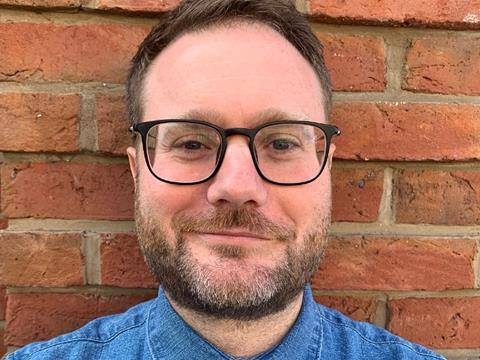
More than 70 shows have been entered, with indies and broadcasters keen to showcase the pioneering production techniques they have employed across every genre. As we enter the long-listing and judging phase, reading through the entries is inspiring. Not everyone has quite the same helicopter view of the industry, and the way you have all responded to the pandemic has been remarkable.
Extending that same level of production resourcefulness and thoughtfulness to looking out for colleagues is now the order of the day. If last year was about navigating the technical challenges of the pandemic, the first part of 2021 is about grappling with the emotional ones. I wish you well.
- Chris Curtis is the editor in chief of Broadcast







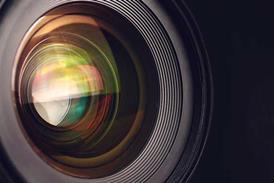
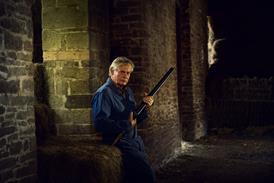
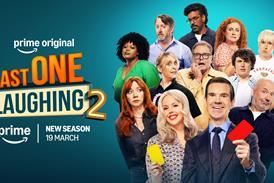
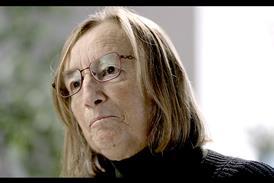





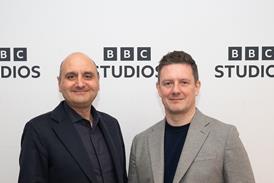



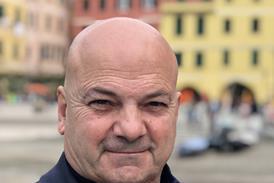









No comments yet